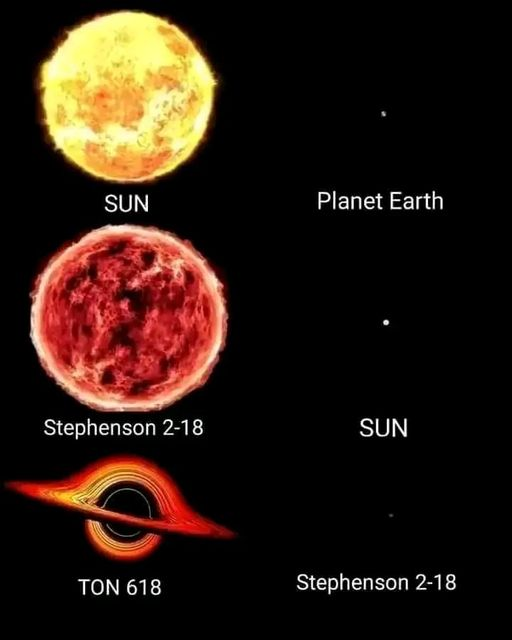this post was submitted on 10 Aug 2024
692 points (98.2% liked)
Science Memes
12330 readers
1025 users here now
Welcome to c/science_memes @ Mander.xyz!
A place for majestic STEMLORD peacocking, as well as memes about the realities of working in a lab.

Rules
- Don't throw mud. Behave like an intellectual and remember the human.
- Keep it rooted (on topic).
- No spam.
- Infographics welcome, get schooled.
This is a science community. We use the Dawkins definition of meme.
Research Committee
Other Mander Communities
Science and Research
Biology and Life Sciences
- [email protected]
- [email protected]
- [email protected]
- [email protected]
- [email protected]
- [email protected]
- [email protected]
- [email protected]
- [email protected]
- [email protected]
- [email protected]
- [email protected]
- [email protected]
- [email protected]
- [email protected]
- [email protected]
- [email protected]
- [email protected]
- [email protected]
- [email protected]
- [email protected]
- [email protected]
- [email protected]
- [email protected]
- !reptiles and [email protected]
Physical Sciences
- [email protected]
- [email protected]
- [email protected]
- [email protected]
- [email protected]
- [email protected]
- [email protected]
- [email protected]
- [email protected]
Humanities and Social Sciences
Practical and Applied Sciences
- !exercise-and [email protected]
- [email protected]
- !self [email protected]
- [email protected]
- [email protected]
- [email protected]
Memes
Miscellaneous
founded 2 years ago
MODERATORS
you are viewing a single comment's thread
view the rest of the comments
view the rest of the comments

They are quite similar to electromagnetic waves, but also quite different. They are produced by masses accelerating (just like EM waves are produced by charges accelerating), and indeed cause orbital decay. But this orbital decay is only important in relativistic systems (so the Earth, which is orbiting the sun at 0.0001 the speed of light, is not going to fall into the sun because of gravitational waves).
Surely they're more like ocean waves; EM waves are electric and magnetic fields pulling each other up by their boot straps. Gravity waves are distortions in spacetime
EM and gravitational waves are seen as analogous because as I wrote, they are produced by acceleration of charges and masses, respectively. The physics behind them is very different (described by Maxwell's equations for EM and Einstein field equations for GW), but all systems that have waves in them (including sound in the air, waves on the surface of water etc.) can be approximated as linear for small perturbations, which means that they satisfy the wave equation at that regime.